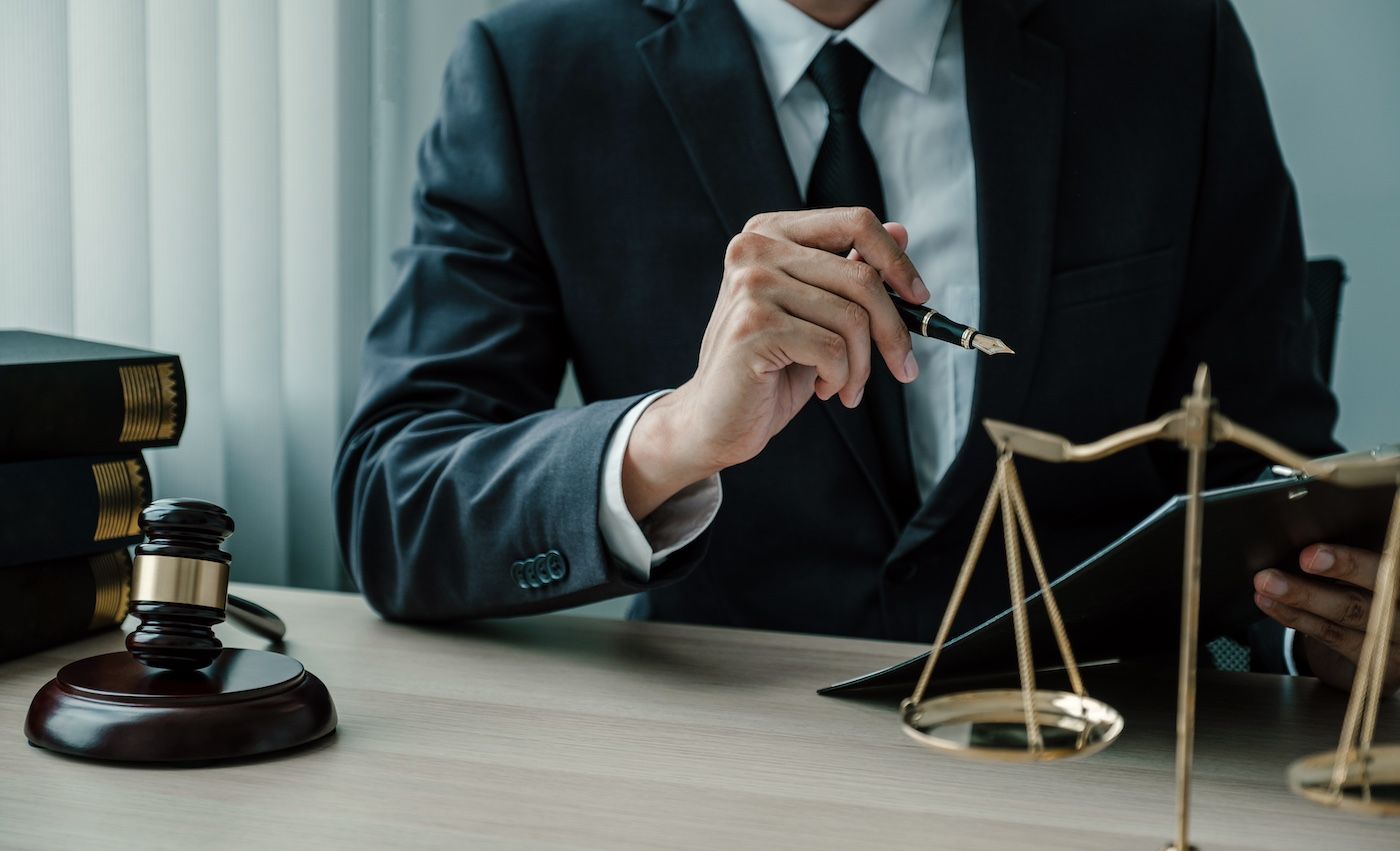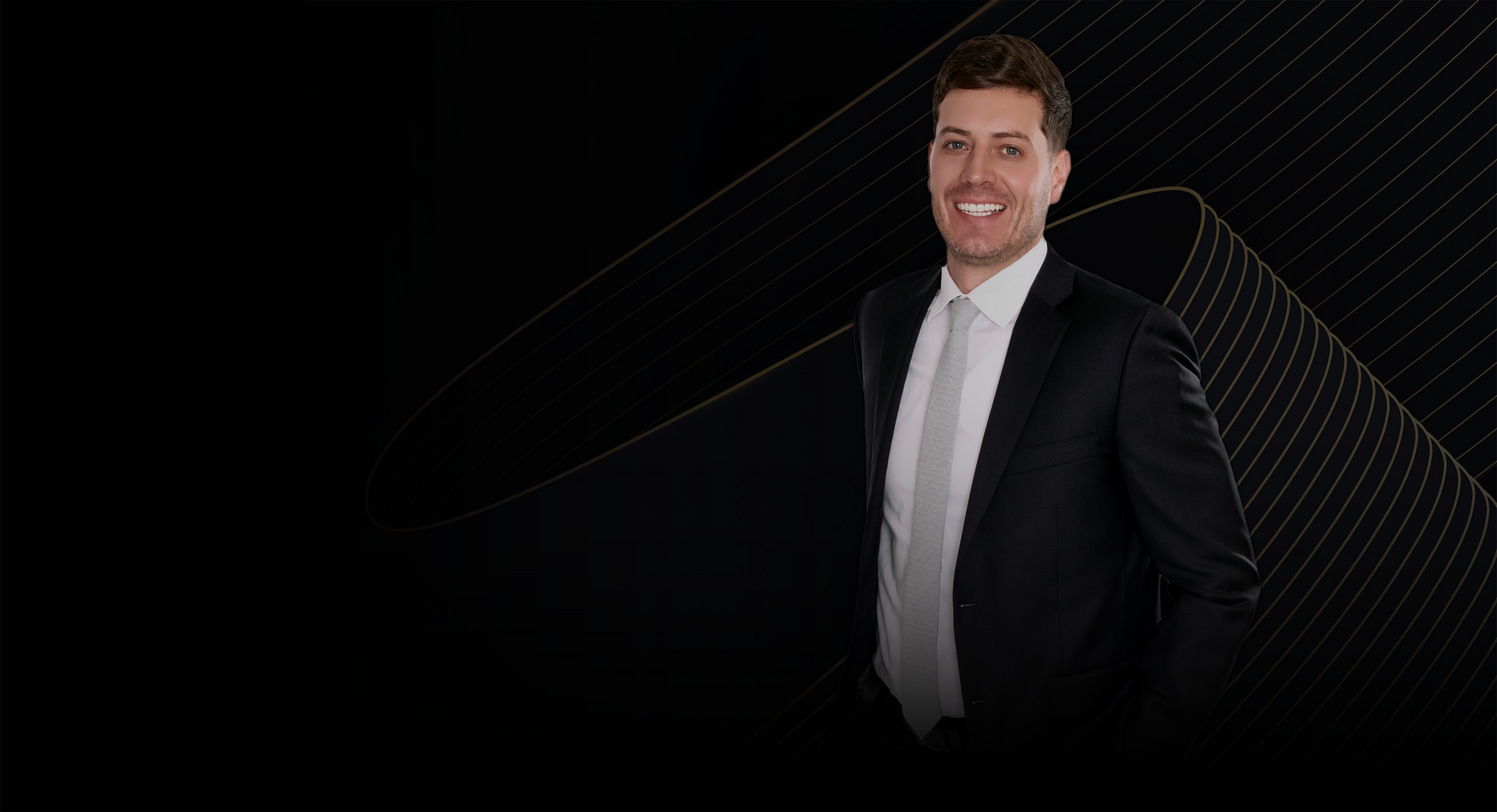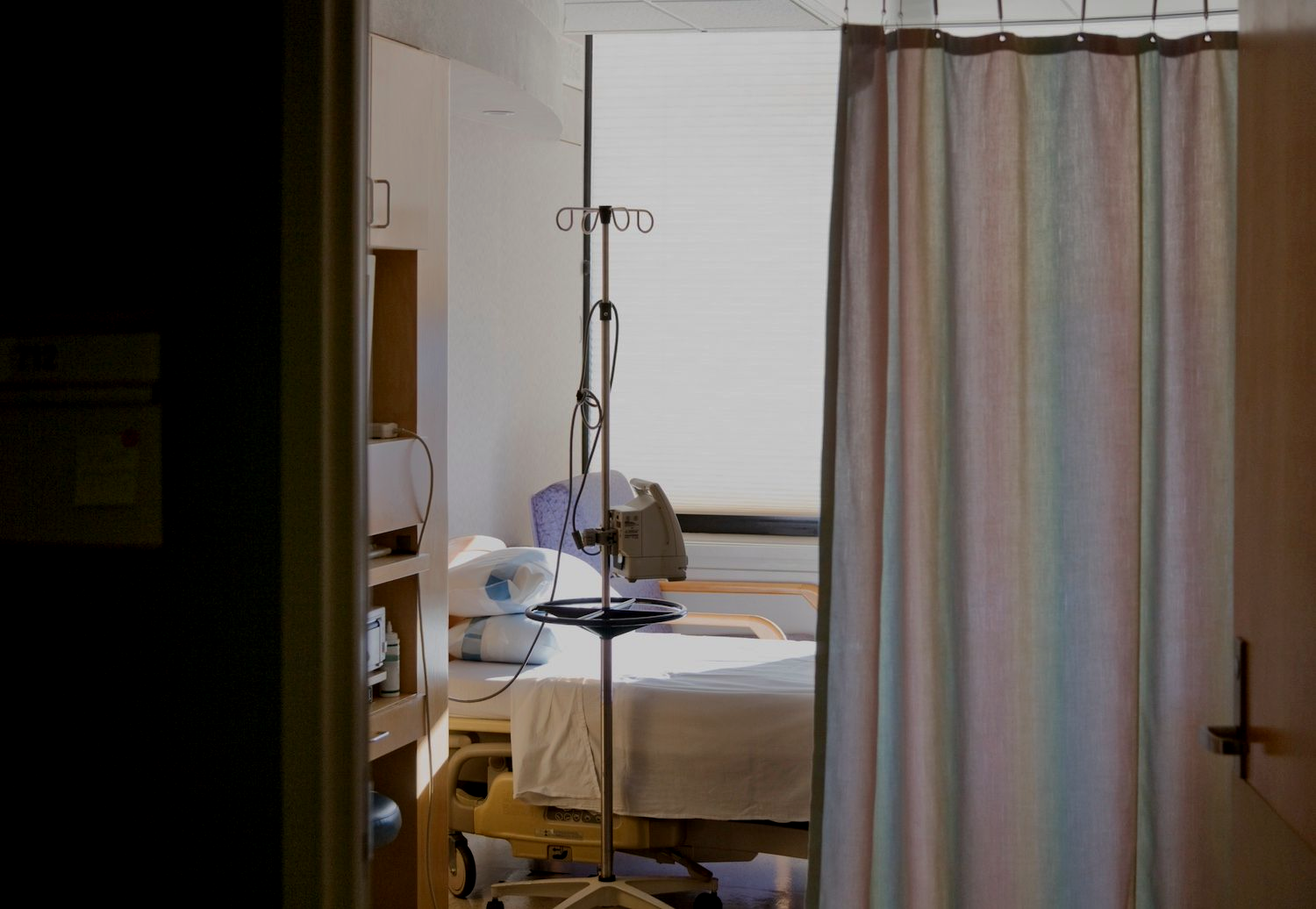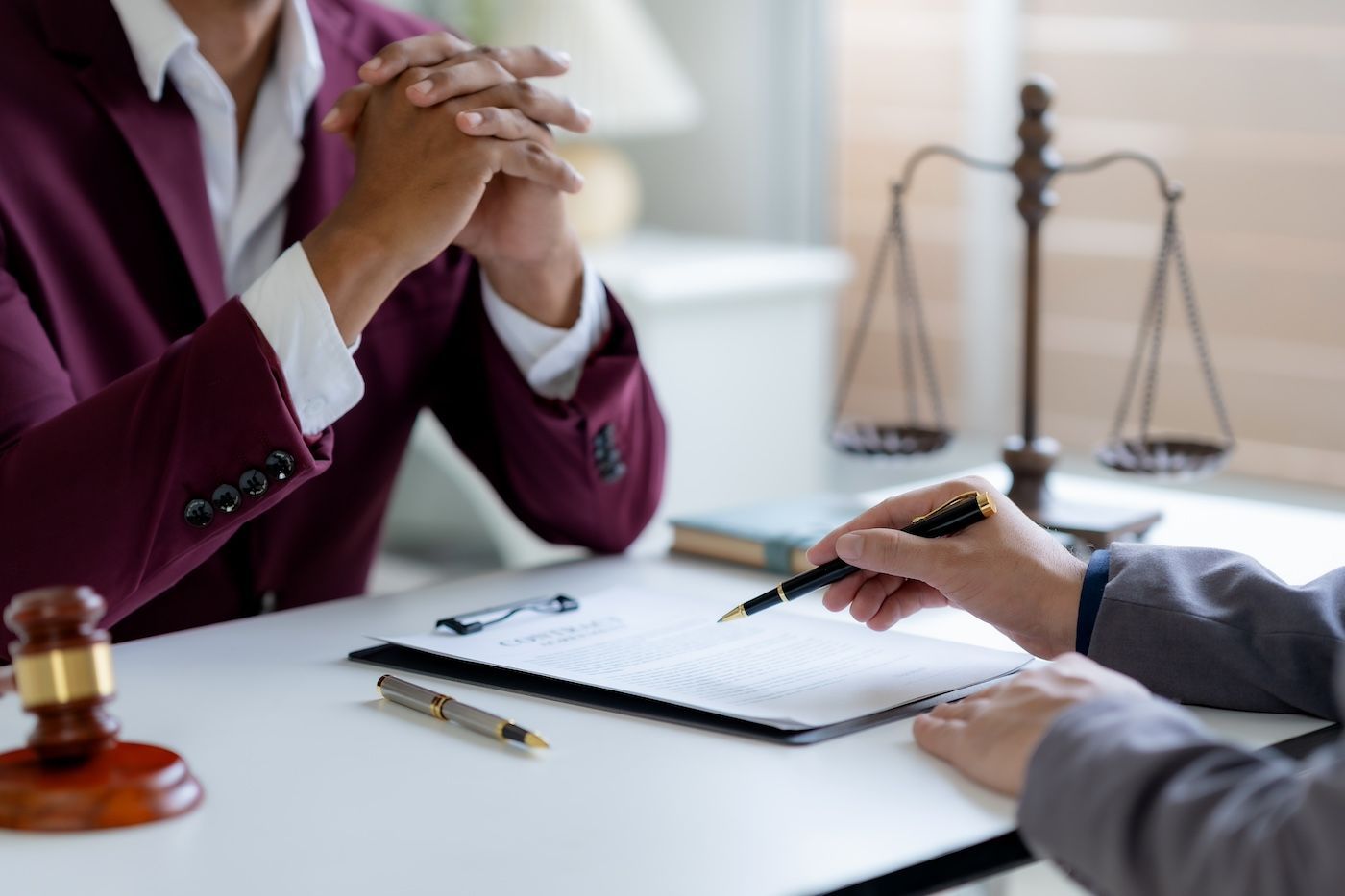The Complete Guide for What to Do After a Car Accident in Mid-Missouri
You Can Never Be Prepared for a Car Accident, but You Can Know What to Do After an Accident Occurs. Be Ready With Duckworth Injury Law’s Comprehensive Car Accident Guide
Let’s face it – none of us wake up one morning planning to get in a car accident. Rather, each day we drive to work in Columbia, or take our kids to school in Ashland, or run our errands in Jefferson City, or go on vacation to the Lake of the Ozarks with little thought of being involved in a motor vehicle collision. However, the unfortunate reality is that thousands of life-altering car crashes are occurring every day across the United States. Motor vehicle crashes kill over 120 people every day and result in millions of emergency department visits each year. In Missouri specifically, 50,369 Missourians were involved in a personal injury causing crash, with 24,665 suffering disabling and evident injuries.
While Missourians certainly shouldn’t live in fear or a state of anxiety that they may eventually be involved in an injury causing car accident, it is important to know what to do and the steps to take if you or a loved one is involved in such an incident. The following is a comprehensive guide for what to do after an injury causing car accident in mid-Missouri, with an emphasis on protecting you and your loved ones physical, emotional, and financial wellbeing.
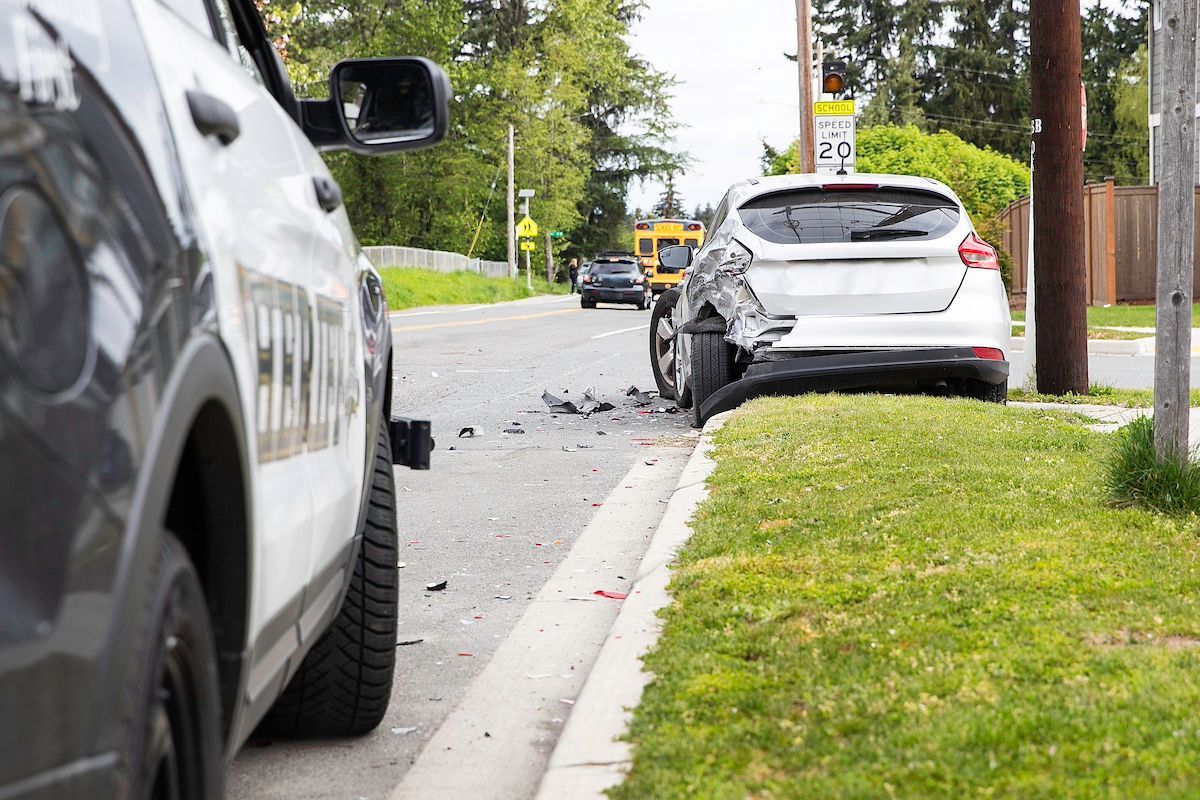
1. What to do in the moments immediately after a car crash
Ensure everyone involved in the car accident is okay
In the immediate moments following a car crash, your top priority should be ensuring the physical wellbeing of you and your passengers. Take a deep breath and quickly assess the situation. Have you suffered a serious injury? Are your passengers okay? Are you at risk of further danger due to the final resting position of your vehicle or due to risk of possible vehicle fire or explosion? Attempt to stay calm and efficiently answer these questions.
If your vehicle is in a vulnerable position in the roadway (such as blocking traffic on a busy interstate) move your vehicle to a safe position off the roadway if possible. If your vehicle shows signs of fire or explosion risk (such as smoke coming from the vehicle), quickly exit the vehicle and move to a safe location. Assist your passengers with exiting your vehicle and moving to a safe location, as well. However, if you or your passengers have sustained a suspected serious injury to your neck or back, be very cautious about moving the position of spine of the injured person. Instead, provide support for the head so that the head, neck, and spine are in a straight line to prevent further damage.
Once in a safe location (or if your injuries leave you unable to move from your vehicle), assess the injuries to you and your passengers. If any occupant has sustained a moderate to serious injury, immediately call 911. Missouri law requires accident reporting to law enforcement if there are injuries involved, death, an uninsured motorist, or property damage exceeding $500. See. RSMo. § 303.040. Calmy and clearly answer the dispatcher’s questions regarding where you are located, injuries sustained, etc. The dispatcher will likely provide further instructions on how to handle various injuries that you or your occupants may have sustained. For example, if you or a passenger has sustained a significant laceration or cut, you will likely be instructed to apply direct pressure to the wound with a clean cloth or gauze. If an occupant is unresponsive and unconscious, you may be instructed to begin CPR.
In any event, it’s important that once you have reached a safe location away from further danger, you immediately call 911 and closely follow the instructions of the dispatcher while you wait for emergency medical services and law enforcement to arrive.
Receive necessary emergency medical treatment, even if an injury is not immediatly present
Depending on the nature and extent of your injuries, you will either be taken from the scene via ambulance and to a hospital for emergency medical care, or you may elect to seek medical care yourself at a later time.
When given the choice, many individuals are hesitant to elect to be taken by an ambulance to a hospital or go to an emergency room themselves. Understandably, people worry about the high costs associated with emergency medical care, such as EMS/ambulance services and emergency room visits. However, if you are not at fault for causing the crash, your medical bills (including emergency care) will likely be paid for by the at-fault party or their insurance company. As such, if you believe you would benefit from emergency medical care such as an ambulance or ER visit, do not hesitate to seek such care. Sadly, insurance companies for the at-fault party often use a lack of an ambulance transport or lack of an emergency room visit as a reason why your claim should be valued less. In other words, the insurance company for the at-fault party may attempt to “penalize” you for being tough, sucking it up, or otherwise refusing medical treatment immediately following a crash.
If you choose not to receive medical treatment immediately following the crash, be aware of your body and take quick action if pain develops or symptoms progress. Oftentimes, individuals involved in motor vehicle crashes may not realize they suffered injury until hours or even days following a crash. Pain sustained from an auto accident is often delayed for various factors including adrenaline rush (a “fight-or-flight” hormone the body produces in response to increased heart rate) and delayed inflammatory response (injury to muscles, tendons, ligaments, and joints often materializes as associated inflammation increases over time).
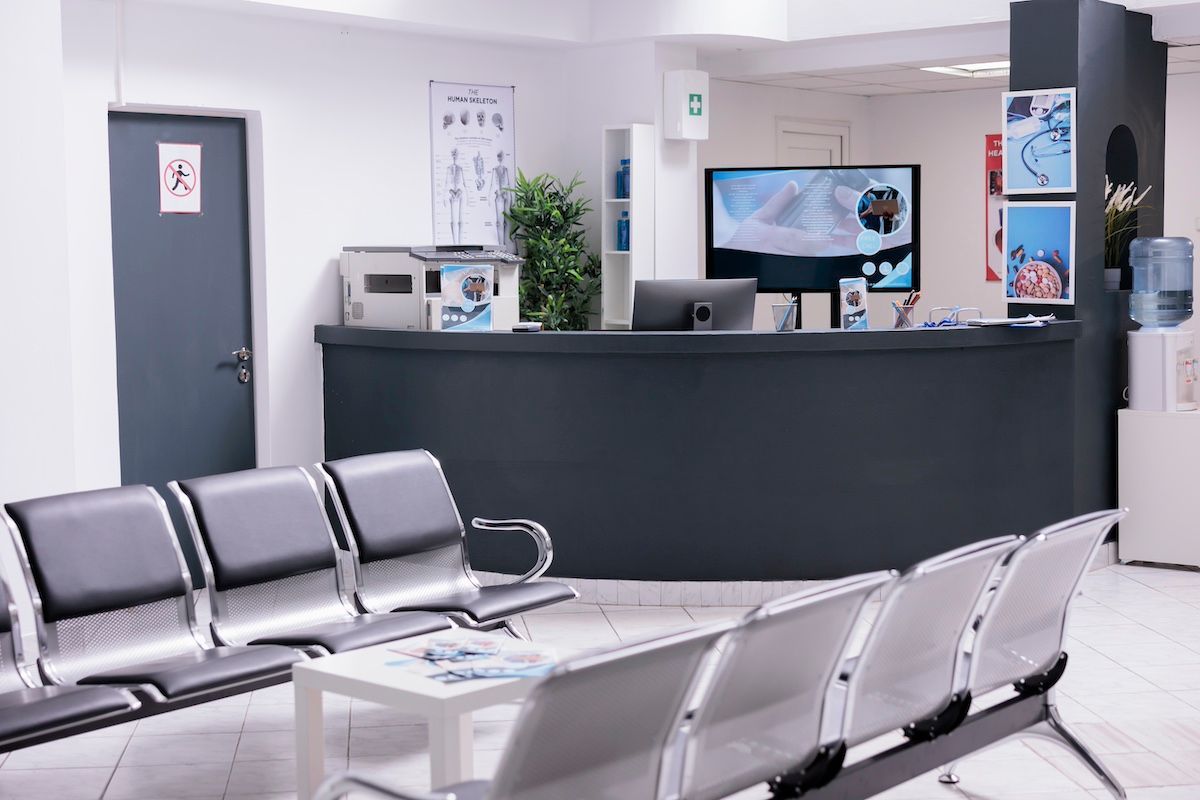
Preserve evidence & cooperate with law enforcement
Once the immediate physical wellbeing of you and your passengers has been addressed, it’s important to begin preserving any evidence relating to your crash. Following the crash, the other driver may attempt to speak with you. If they make admissions regarding fault such as “I’m sorry” or “I was on my phone”, be sure to convey these statements to the reporting officer. Likewise, be careful not to make any admissions of fault yourself. You’ve likely heard the phrase “Any statements can and will be used against you…” in the context of criminal law, however, the same is usually true when it comes to admissions of fault in civil law as well (such as a personal injury claim). As such, while you can be cordial with the other driver, do not make any statements that you did anything wrong, and be careful to discuss the extent of your injuries (saying things such as “I’m fine” may be used against you if an injury is later discovered).
Upon law enforcement’s arrival at the scene, it’s typically fine to provide an accurate and concise recollection of what happened to the reporting officer/trooper. Again, be careful of making any admissions of fault or statements downplaying your injuries. These statements will likely be included in the officer’s report and may be used against you. If the at-fault driver made admissions of fault, be sure these are reported to the officer/trooper. Oftentimes, the at-fault party will be very apologetic, open, and honest at the scene, but will later attempt to retract their statements once they speak with their insurance company. As such, it’s important for law enforcement to note such statements in their report.
The reporting officer will typically provide you with an incident card containing the crash report incident number, the at-fault party’s name, the at-fault party’s insurance information (carrier name and policy number), and the reporting officer’s contact information. If the reporting officer does not provide you with this information, at a minimum, you should take a picture of the other driver’s auto insurance card and driver’s license.
Prior to leaving the scene (if you do not require immediate medical attention), take pictures of the crash scene. Photograph any damage to the roadway (skid marks, scrapes, paint transfers), damage to all vehicles involved, or any other damage caused by the crash (damaged guardrails, structures, buildings, etc.). If a video better captures the damage, record a quick video on your smartphone as well.
2. What to do in the days following a Missouri car crash
Contact an experienced personal injury lawyer in your mid-Missouri community
Once you have either been discharged from emergency medical care, or once you are in a stable condition at the hospital, it’s important to turn your attention towards consulting with an experienced personal injury attorney. Whether you think you need an attorney for your personal injury claim or not, a good and reputable PI lawyer will, at a minimum, provide you with a free consultation to discuss your legal rights.
While retaining a personal injury attorney may not be at the forefront of your mind in the days following an injury causing car crash, quickly speaking with an attorney has many benefits.
For one, your injury lawyer will advise you of what you can and cannot say to the auto insurance companies (including your own). Oftentimes, the insurance companies for both the at-fault party and you will call and ask you to provide a statement within a few days following a crash. The statements are typically recorded and are taken in an effort to protect the insurance companies, not you. The questions asked by the insurance companies are often leading (they want you to answer a certain way), are vague (they want you to accidentally say something they can use against you), or are otherwise not helpful for your claim.
Secondly, your car accident lawyer will want to begin collecting and preserving evidence relating to your claim. Certain evidence, such as the vehicles involved in a crash, the vehicles’ “black boxes”, and witnesses’ memories, must quickly be preserved after a crash, or they may be lost.
Finally, quickly hiring an auto injury lawyer allows you to focus on what you should be focusing on – your health and recovery. Car crashes are both physically and emotionally draining, and the last thing you need to be worrying about is the legal side of how you will be compensated for what you’ve gone through.
Work with the property adjuster for the repair or replacement of your vehicle
Depending on the advice you receive from the injury lawyer you hire, you may be permitted to discuss your vehicle’s property claim directly with the property adjuster for the at-fault party or your own auto insurance carrier.
Typically, the at-fault party’s insurance company will assign a separate property adjuster and bodily injury adjuster to your claim. While your attorney will likely instruct you not to speak with the bodily injury adjuster, your attorney may allow you to work directly with the property damage adjuster to arrange for inspection, repair, and payment of your damaged vehicle. Allowing you to speak directly with the property adjuster typically speeds up your property damage claim, which allows you to get your vehicle fixed or replaced faster. Further, there’s often not a lot of added value that an attorney adds to your property claim (your vehicle is typically worth what it’s worth).
However, prior to speaking with anyone affiliated with the at-fault party’s insurance company, wait for instructions from your attorney. There are times when your attorney may wish to handle the property claim as well, and times when your attorney will need additional time to inspect the vehicle prior to its release to the insurance company.
Follow through with all medical appointments
In the days following your injury accident, you may be required to stay in the hospital, or you may be discharged home with instructions to follow up with your primary care physician, a specialist, or another medical provider. Regardless of your specific instructions, be sure to follow through with any scheduled medical appointments. As outlined above, the insurance company will use your failure to attend a scheduled medical appointment against you in settlement discussions, arguing that your injury must not have been severe enough to warrant further treatment. Likewise, if you have been discharged without further care instructions, listen to your body for signs or symptoms requiring you to seek further care.
Stay off social media after a car accident
Oftentimes, injured claimants will understandably want to assure friends and family that they are “okay” following an auto accident. Typically, when making such posts, the injured claimant is not intending to say they didn’t suffer any injury, but rather they are simply making a casual comment meant to reassure worried friends and family that they are not going to die. However, insurance companies and defense lawyers will search for such posts and use these comments as evidence to downplay what you have gone through or the injuries you have sustained.
Similarly, avoid making posts with pictures or videos showing you participating in activities that require high physical exertion such as difficult exercises, sports, or dangerous hobbies. The viewer will not be able to discern whether you are simply pushing through the pain of your injury while doing such activities or if you are simply not injured.
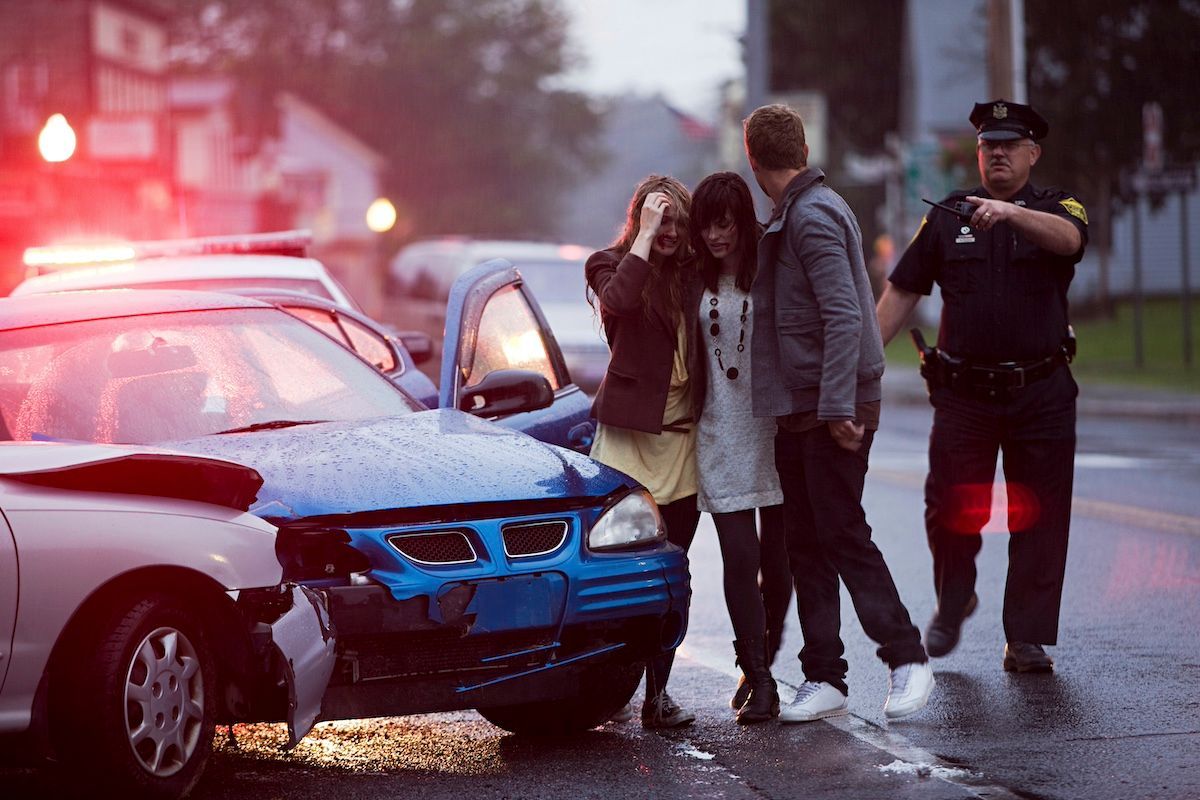
3. What to do in the weeks & months following a car crash in Missouri
Your personal injury attorney will pursue your injury claim
While you are focusing on recovering physically and emotionally from your auto accident, your attorney will be at work pursuing your bodily injury claim with the at-fault party’s insurance company and/or representative. Depending on the facts and circumstances of your case, this typically includes gathering relevant evidence (photographs, accident reconstruction, medical records/bills, witness statements, crash reports, etc.), establishing liability (proving the other party was at fault), proving your damages (learning what you have gone through medically, financially, emotionally, etc.), and analyzing recoverable insurance limits and/or the at-fault party’s recoverable assets.
Ensure medical bills are submitted to health insurance
Following a third-party liability claim (such as a car accident caused by another person), medical providers may delay submitting your medical bills to your health insurance carrier and instead attempt to bill you directly or assert a lien on your personal injury claim. Medical providers may do this in an effort to recover more money than they would otherwise receive from your health insurance carrier directly. As medical providers typically have contracts with health insurance companies that outline maximum charges for certain services, medical providers are required to reduce their charged amounts considerably and accept a smaller payment when they bill health insurance companies. To get around this, some medical providers will try to recover the full amount of their charged services by billing you directly or asserting a lien on your third-party liability claim.
As such, if you begin to receive outstanding bills or learn that a lien has been asserted on your case, talk with your injury attorney as soon as possible. Often, your attorney can work with the medical provider to request that your bills be submitted to health insurance or will advise you to submit your bills directly to your health insurance carrier yourself. While you may be required to reimburse your health insurance carrier for accident-related treatment pursuant to ERISA, you will still be better off financially, as you will receive the benefit of the contractual adjustments/reductions from the charged bills.
Continue to focus on getting better
Your top priority throughout the personal injury claims process will continue to be focusing on getting better. This includes attending all follow-up doctor’s appointments, physical therapy, occupational therapy, psychiatry sessions, and any other prescribed treatment.
While there are always exceptions, your personal injury lawyer will likely want to wait until you have finished treating (or have a future medical needs assessment in place) before proceeding with settlement negotiations.
Enjoy the resolution of your claim
A personal injury claim can be a long process, often taking many months or possibly even multiple years for final resolution. As mentioned, the biggest delay usually comes with waiting for you to complete all medical treatment related to your accident prior to entering into settlement negotiations. As you only get one shot to recover full compensation for the damages you sustained in an accident, it’s important your attorney has all the information (including all medical bills) to make a proper settlement demand.
The other major delay is the nature of the court system and litigation in general. If your personal injury attorney believes it’s in your best interest to file a lawsuit, many steps must be completed prior to proceeding to a jury trial. These steps involve written discovery (questions sent to opposing party and requests for certain documents), depositions (asking the other party and witnesses to answer questions in-person and under oath), expert disclosures (hiring experts to form opinions on liability or damage issues associated with your case), pre-trial motions, and more. In mid-Missouri, some county courts require all these steps be completed before you can even request a trial date. In other mid-Missouri counties, you can request a trial date at the beginning of the lawsuit, however, trial settings are typically set at least one year out to provide enough time for the above-listed steps to be completed.
While every injury case is different, most cases will follow a similar pattern regarding the timing of settlement. A high percentage of cases are settled outside of court in the weeks following your treatment wrapping up and a demand being submitted. If the case cannot be settled pre-suit (either due to a denial of liability or a low settlement offer) your attorney will then file a lawsuit to pursue the compensation you deserve. Once a lawsuit is filed, there is often another opportunity for settlement once defense counsel for the at-fault party reviews the file. If the case does not settle at this time, the case will be worked up towards trial. Prior to trial, the parties may agree (or a judge may order) that your case be mediated. If the case doesn’t settle at mediation, the parties may proceed to trial. However, only a small percentage of total cases make it all the way to a trial – the vast majority settle at some point prior.
You Have Many Options When Choosing a Personal Injury Attorney to Represent You After a Car Accident in Central Missouri. Contact Duckworth Injury Law for a Free Consultation
At Duckworth Injury Law, we are happy to assist our clients at any stage of their personal injury claim process, but we certainly recommend that clients contact us as soon as possible following their accident. While we can often undo much of the damage done by clients attempting to handle a claim on their own and/or waiting to contact us, it certainly delays the ultimate claim resolution and often requires us to take a more aggressive approach, such as filing a lawsuit. If you or a loved one has been injured due to someone else’s negligence, don’t wait – contact Duckworth Injury Law today.



